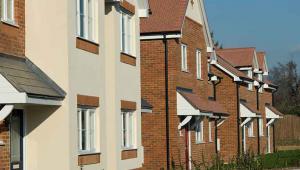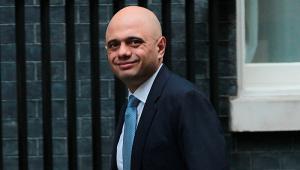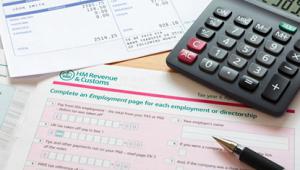A survey by the umbrella-group found 94% of housing stock-owning councils will use new powers to borrow to invest in housebuilding programmes.
The findings corroborate with a PF poll from November 2018, which found that 93% of councils in England were planning on using the new ability to borrow more against their HRAs.
In the LGA research 97% of respondents said more national advice and guidance was needed to increase housebuilding, while 81% said additional future housing supply would help address homelessness in their area.
All councils in England with Housing Revenue Accounts – 165 - were sent the survey, of which 63 responded.
Judith Blake, LGA housing spokesperson, said: “By lifting the cap on councils being able to borrow to invest in new and existing housing, the government has showed it has heard our argument that councils must be part of the solution to the chronic housing shortage.
“Our survey shows that councils up and down the country want to build more good quality, affordable homes that meet the strategic housing needs of their local communities.
“A genuine renaissance in council housebuilding is the only way to boost housing supply, help families struggling to meet housing costs, provide good quality homes to rent, reduce homelessness and tackle the housing waiting lists many councils have.”
The umbrella-group called for reform of right to buy to allow councils to retain 100% of RtB receipts and set discounts locally. It argues this would allow councils to plough more money into local housing.
In his recent Spring Statement Philip Hammond announced a £3bn affordable housing guarantee scheme.
A BBC investigation, released this week, found that 139 former council tenants bought their homes under right to buy and resold them for profit within one month.
The value of the resold homes created a £2.8m collective profit, the research found.
The analysis, which looked at data from HM Land Registry, the Registers of Scotland and the Northern Ireland Housing Executive and freedom of information requests showed that homes in Britain bought under the scheme had been sold on for £6.4bn in collective profit since 2000.











